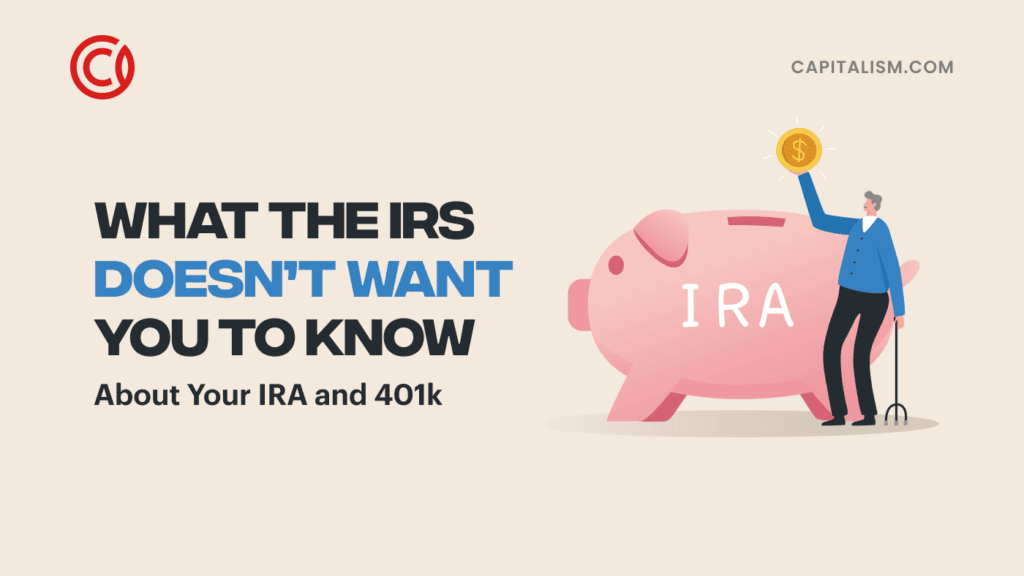Occupational licensing can be a barrier to small businesses who wish to enter the marketplace. From restrictive, non-uniform licensing laws to disproportional requirements for licensure, lawmakers at the state and federal level are faced with questions to streamline workforce and market entry.
Labor Secretary Promise
As Capitalism.com reported this past weekend, U.S. Secretary of Labor Alexander Acosta stomped for reforms in occupational licensing and apprenticeships in an address to state lawmakers.
In his address at the 44th annual meeting of the free-market, Koch affiliated American Legislative Exchange Council, Acosta said that the importance of reforming occupational reform laws nationwide was imperative.
"Granted, many licenses have valid reasons, particularly when they focus on health and safety. Certifying skills and specialized knowledge helps consumers," Acosta said. "That is far different, however, from using licensing to limit competition, bar entry, or create a privileged class... Excess licensing hinders the American workforce."
Acosta argued that using the force of government to prop up a select few while excluding others was inequitable and could cause long term harm.
LISTEN: Alexander Acosta tells Capitalism.com how to close the skilled labor gap.
What's Happening
Some of the most prominent examples of the past few years where special interests have been able to leverage licensing laws to stomp out competition can be seen in the small to medium business-sized medical and dental practices. Dental therapy remains a hot topic as dental special interests in dozens of states who don't want to authorize mid-level providers into the market because of the evident fear of competition.
Another area of restrictive special interests controlling the competition can be seen in the animal chiropractic space. Veterinarians use their clout as the top level animal health care providers to stomp out the competition for orthopedic and chiropractic needs for personal pets, vital farm animals, and animals going through rehabilitation from injuries.
Nonetheless, occupational licensing can be a tool to destroy a small business owner's ability to achieve a market-share, the National Federation of Independent Businesses (NFIB) and other small business advocacy groups believe.
Approaches to Solving the Problem
Yes, occupational licensing regimes can be "delicate matters," but the use of these rules can be troublesome. For example, the NFIB argues:
"Established businesses often benefit from licensing regimes in so far as they inhibit competition. But by that same token, licensing regimes stand as barriers to entry for entrepreneurs."
And, the NFIB isn't the only group to believe this. Scores of workforce entry groups, advocacy organizations, free market think tanks, and business regulation legal defense funds argue that the current state of occupational licensing is a threat to entrepreneurs.
The Kansas City-based Ewing Marion Kauffman Foundation ardently stands on the opinion that occupational licensing could limit competition for a variety of ways. Specifically, these regimes could damage prospects for entrepreneurs.
"[I]n certain fields and professions, the path to opening a new business is marked with barriers that can slow or even block entrepreneurs," Kauffman's Jason Wiens and Chris Jackson wrote in 2015. "These barriers often go unnoticed until the entrepreneur runs up against them."
What Can Be Done?
Solving these issues come with varied approaches. For one, in his address, Acosta pointed out that the reforms can come from the bottom down, with the help of the Trump White House.
"The Trump administration is committed to working with you to strengthen our economy and empower the American workforce," Acosta said. "Americans want principled, broad-based reform... If licenses are unnecessary, eliminate them... If they are needed, streamline them."
Though this can be taken dozens of ways, a more substantive approach to passing legislations and regulation that rewards market entry is seen from Wiens and Jackson.
For one, licensing laws should be reconsidered and crafted to "spur entrepreneurial growth." Wiens and Jackson argue that states should consider reforming laws with the intention to prevent onerous regulations, control of specific industries to limit competition and to embrace the insight of non-licensed practitioners of the field. Plus, working with states to recognize licensure state to state through compacts and interstate licensing policies can allow for movement of labor and services to the places where these services are in shortage.
According to a syndicated Bloomberg View editorial, reforming "occupational licensing that’s needlessly strict" will also signal that our nation's elected officials are experiencing a mindset shift in how to approach economic policy. More relevant input equals better, less-encroaching policies.
Tell us your thoughts on occupational licensing in the comments below.











